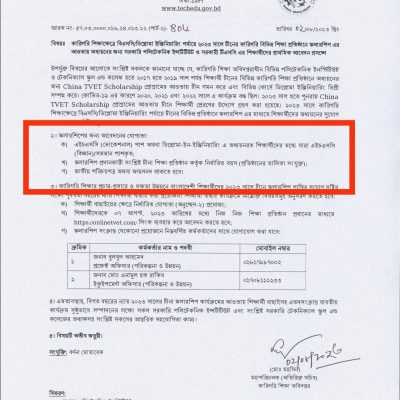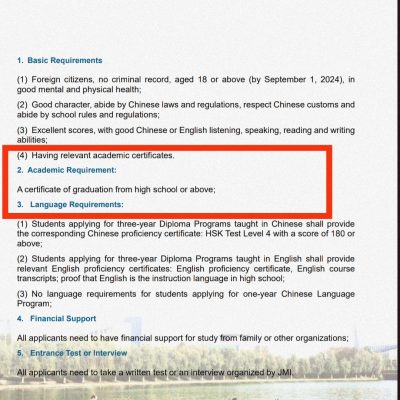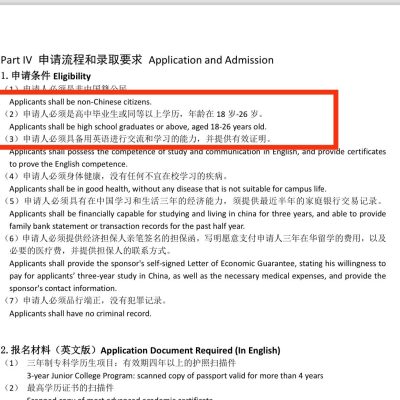There is a popular story surrounding Chinese Vocational Education. The story goes that in the 1970s and 1980s, China banned Higher Education for 12 years, allowing only Vocational Education. However, the true fact is that the vocational school system in China gained popularity during the economic boom in the 1980s when there was a great demand for human capital. Due to limited government investment in higher education at the time, there were insufficient college graduates to fill skilled job positions. Consequently, students were attracted to vocational schools for a high chance of securing stable jobs in factories that offered various benefits such as cash transfers, free food, and housing.
However, as the economic structure changed, factory jobs became less desirable. This shift coincided with a significant expansion of higher education in China, resulting in a surge in college enrollment. From 1998 to 2004, the number of students entering college annually increased from 1.08 million to 4.47 million, leading to a decrease in demand for secondary school graduates as they were replaced by university graduates.
Recently, the Chinese government has emphasized improving Vocational Education, allowing Tertiary Level vocational colleges to collaborate with international institutions and enroll international students. In recent years, many international students have enrolled in Chinese Diploma Programs in several Vocational Colleges. These colleges have established partnerships with government entities and educational institutions, with authorized educational consultancies promoting their programs to international students. However, there are controversies among students regarding these diploma programs, which I will address to clarify any confusion.
I will clarify each point above one by one, but before that, let’s take a look at the Current Chinese Education system:
Chinese Education System
1, Primary Education: This is the foundational level of Chinese Education, lasting for six compulsory years. Children typically begin primary school at the age of six. Upon completing primary education, students transition to 3-year junior (lower) secondary schools (chuzhong 初中).

2. Junior Secondary School/Middle School: This level of education spans three years and marks the completion of a 9-year (6+3) compulsory education program

3. Secondary Education/Senior High School: This phase lasts for 3 or 4 years. Upon completion, students become eligible for Post-Secondary (Vocational Education) or Tertiary Education (Bachelor’s Degree). It equates to completing 12th-grade education by international standards

4. Vocational Education: After completing Senior High School or Vocational School, students can enroll in Vocational Colleges. This level, referred to as zhuanke (专科), typically requires two or three years of full-time post-secondary study. Graduates of higher vocational education programs at the zhuanke level may have the opportunity to obtain a “benke 本科” degree (Bachelor’s degree) certificate through an upgrading program, although this is available in a limited number of fields. Vocational higher education institutions are currently administered at the provincial level.

5. Tertiary Education: Entry into higher education in China is highly competitive. High school graduates are eligible to pursue a Bachelor’s degree, while Vocational Degree holders may be accepted by some universities for a 2-year Bachelor’s Degree program. High school graduates are required to sit for entrance examinations, referred to as NCEE (gaokao). Vocational High School Graduates are not eligible to sit for this entrance exam.

I hope this overview has provided a clear understanding of the Chinese education system. Let’s examine the key controversies surrounding Vocational Diplomas in China:
Entry Requirements of Chinese Diploma: The entry requirement for Chinese Diploma programs is a High School Degree, equivalent to a 12th Grade Education Degree. For example, in Bangladesh, passing the HSC makes you eligible for admission into Diploma Programs. But there are some agents who fraudently promote that The eligibility of Diploma Admission is 10th Grade. Even they did admission by providing forze documents to Colleges. The following screen shots will clear the real facts to you



It is the official Circular of TVET Scholarship China circulated by Bangladesh Govt. Here it has clearly mentioned that the ” Who has completed HSC or Equivalent Degree can apply for this Scholarship”
In this screenshot you are seeing the eligibility requirements of Jiangsu Maritime Institute. They require High School Graduate for being admitted in the Diploma Program.
The same requirements has set by Jiangsu Agro Husbandary College. They also require High School Graduate for Diploma Program. That means you have pass 12th Grade to be admitted in Diploma Program.
Equivalency of this Degree: This Diploma is not equivalent to a Bachelor’s Degree; it is a Vocational Degree aimed at producing a skilled workforce for early entry into the job market.
Acceptability for Higher Education Abroad: Chinese Diplomas are generally not accepted for higher education purposes in the USA, Canada, or Europe.
Pursuing a Bachelor’s Degree after Diploma: You can pursue a 2-year Bachelor’s Degree after completing a Diploma, but only a few universities offer this option.
Job Prospects after Diploma: Yes, you can secure a job after obtaining your Diploma, provided your Chinese proficiency is good and your academic performance is satisfactory. Many Diploma institutions have partnerships with relevant industries, recommending their graduates for internships and jobs after graduation.
Consequences of Admission by Agents with Lower Credentials: If you are admitted to a Diploma Program by an agent with a 10th Grade Degree, there could be adverse consequences. Your studentship might be canceled if your institute or the Chinese Education Ministry becomes aware of it. You may also face difficulties in pursuing a Bachelor’s Degree as your 12th-grade education is incomplete, along with potential equivalency issues in your home country after graduation.
Despite these challenges, pursuing a Chinese Diploma may be suitable if you are:
- A 12th Grade Graduate
- Interested in entering the Chinese Job Market
- Looking to become skilled in a particular field
- Have a full scholarship with a relatively low score in 12th Grade
- Prefer an industry-oriented professional degree over theoretical studies.
I hope this article has clarified any uncertainties regarding admission to Diploma Programs in China.





